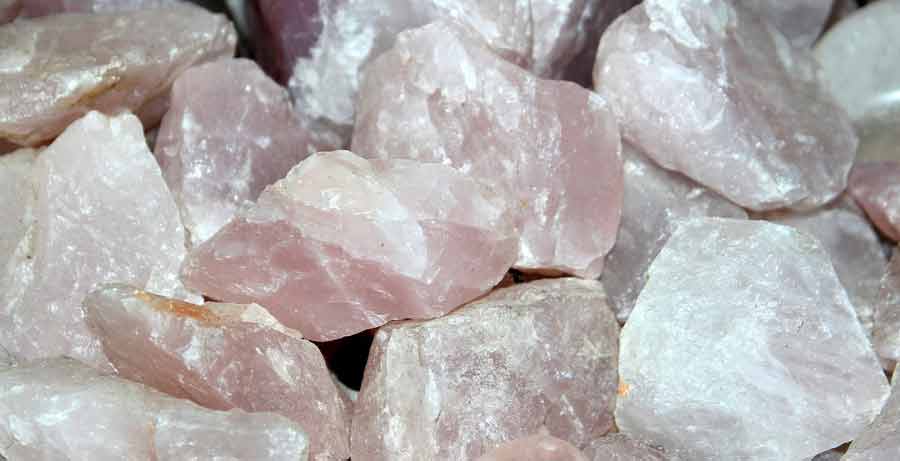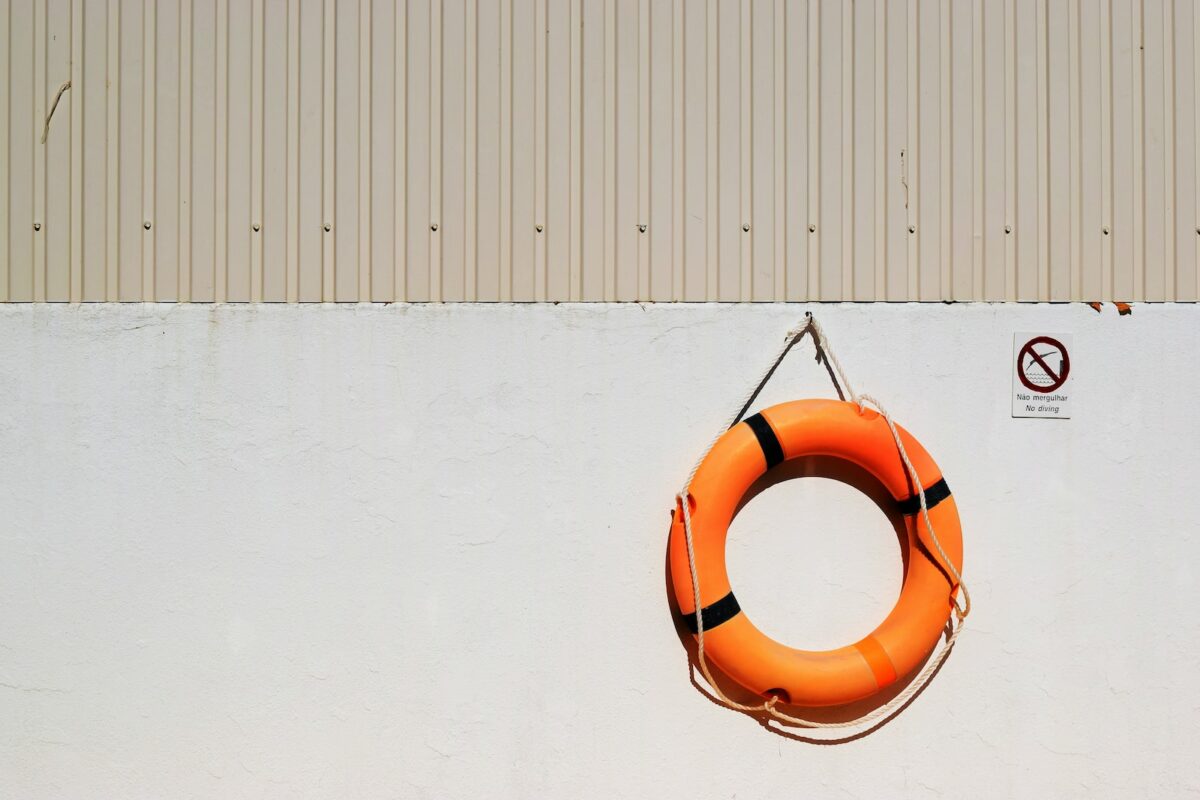We may receive a commission when you make a purchase from one of our links to sites such as eBay and others. As an Amazon Associate we earn from qualifying purchases. Thank you for support!
I love collecting river rocks – you never know what you might find! Today I thought I would share a little bit about what kinds of rocks you might find as well as some tips to keep it safe, fun + enjoyable!
Getting started with river rock collecting
River rock collecting can be as straightforward or as complicated as you want to make it.
Where to Find River Rocks

The obvious place to begin your search for river rocks is a river or stream close to your home. This will give you the advantage of easy access and make it easier for you to bring home large and heavy rocks that you find.
Focusing your search on a nearby location will also make it easier for you to keep coming back to the same spot, enabling you to perform more thorough searches.
Even if you don’t have rivers or streams around where you live, you can always start in your own backyard. While you might not find a whole lot of river rocks that way, it will help you learn how to identify a lot of rocks and minerals when you do go searching in rivers and streams!
5 Types of River Rocks and How to Identify Them

One of the most challenging things for a beginner new to collecting river rocks is to learn how to identify the rocks and minerals you might find in rivers, streams, and other bodies of water.
Being familiar with your local geology can be a super helpful place to start. Check with nearby geological societies and clubs, or see if your state’s Department of Recreation has any resources for rock collectors and geology.
Here are some of the types of rocks you might find while searching in rivers and streams.
1. Sedimentary Rocks

One of the most common types of rocks you might encounter while river rock collecting are sedimentary rocks. These rocks usually consist of sandstone, shale, and limestone.
2. Quartz

Quartz is another thing you may find while searching rivers and streams for rocks. There are many varieties of quartz, ranging from clear crystalline quartz to flint.
You’ll often find quartz in river rocks as smooth, shiny pebbles – these are pieces of quartz that have been worn down by the current of the river over a long period of time – nature’s version of rock tumbling!
3. Aggregate Minerals and Fossils

Aggregate minerals are another thing you’ll often find when searching river beds and creeks and streams. These are different minerals {often quartz} that are often bound together with other types of rocks. They can also often include fossils!
4. Granite

Granite, an igneous rock is another thing you may encounter in rivers, depending where you search. Granite often contains quartz, mica or amphibole.
5. Basalt

Another common type of river rock you might find is Basalt, which is easily identified by its dark appearance. Basalt is often used in hot stone massage and spa treatments because of its ability to retain heat.

River Rock Collecting Tips
1. Practice Safety!
I know, I know, I always talk about safety. I put everything about safety in its own section under this section – but I’m mentioning it here because seriously – rivers move fast and it’s dangerous as hell.
Do you want to get swept away to get trapped under a ledge or a barge? I didn’t think so.
Pretend this is a message from your “internet mother” telling you I love you and I want you to be careful! You could poke your eye out! (And please, please, please read the whole safety section down below!)
2. Remember Comparison is a Thief to Joy
You know the Roosevelt quote – comparing yourself to others is a sure way to feel horrible about yourself.
Don’t worry if your collection isn’t as large or as impressive as others you’ve seen. Nobody builds a collection in one day!
Read How to not get stressed out as a collector – just enjoy the hobby as a fun way to learn + explore nature!
3. Practice Good Collecting Habits
It doesn’t matter what you collect, whether it’s rocks, collecting coins, rusty old bottle caps, or 18th century fine art – you want to have some good habits for collecting!
I should probably write a post that goes into more detail on this, but until I do, here’s a quick recap of good collecting habits:
- Keep records! Track what you have, when you got it, how you got it, what it is and any relevant notes.
- Keep your collection organized! You always want to have things organized – nothing is worse than a disorganized collection! Check out our post on rock display ideas for some inspiration!
- Keep a journal – You can choose to keep a journal along with your records or even have a seperate journal – notes can be super valuable and a great way to keep track of everything you’ve learned!
- Take Inventory From Time to Time
- Make Goals
4. Follow the Laws + Rules
Everywhere is different and has different laws and rules. Rivers are tricky because, really, who owns them? While in most cases public waterways are owned by the state – laws + regulations are different EVERYWHERE. Do your research and check with your local state departments to know what you are allowed and not allowed to do!
Private property is another consideration, especially if you’re searching small streams and creeks. Never tresspass + be sure if you have permission from the property owner to search!
There are also environmental laws – many areas are protected for conservation. If that is the case, disturbing the rocks could not only get you fined, but also cause some unintended effects that could be a threat to the native ecosystem.
5. More Rock Collecting Tips
If you are brand new to rock collecting, be sure to check out our guide to Rock Collecting for Beginners for more tips!
Above All Else: Don’t Forget to Practice Safety!

I know I talk a lot about safety and I’m sure it gets annoying, but I’m a mom and safety matters to me! I genuinely do care about every single person who visits my websites and I don’t want anything to happen to you!
Number 1: Don’t go out on your own if you can avoid it. Seriously. Always bring a friend or two.
Number 2: Always tell a close friend or family member where you are going and what time you expect to be back.
Number 3: Have your phone with you at all times, and make sure that it is fully charged before you leave home. Invest in a waterproof phone cover in the event you might drop your phone in the river while searching.
Number 4. Remember to stash a first-aid kit into your bag.
Number 5: Practice Water Safety: It is also super important to think about water safety, even if you are going to a nearby, familiar location and don’t have any intentions of going into the water.
If you are searching in rivers, wear a life jacket!
Some rivers can move very quickly and have dangerous underwater ledges you may not be aware of if you do decide to wade out. We live near the Allegheny River – it’s downright terrifying depending on what parts you are near. Read this post by Paddling.com to learn about all the hazards – there’s a lot more to be aware of than you think!
I wear a life jacket even when I’m fishing from shore – if you get one made for fishing or a Body Glove brand life jacket they are super lightweight and comfortable.
Number 6: Bring a whistle. If you get lost or you get swept away in the current, a whistle can help you call for help farther than you might be able to yell or shout.
Number 7: Stay away from dangerous places: You should also avoid picking rocks from overhanging rock faces and near the edges of steep walls or inclines as much as possible. If you are rock climbing – you ALWAYS should wear the right protective clothing such as a helmet, gloves, proper shoes, etc.
I know, I know, you already know all this stuff – but please, be careful. And now that all the safety considerations are out of the way – Have Fun! Go enjoy nature, get out there + find some great rocks in the process!
Do you have any tips for river rock collecting for beginners? What have you found in your river searches? Share your thoughts in the comments section below!
